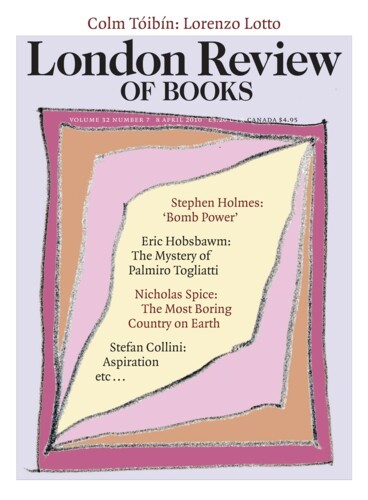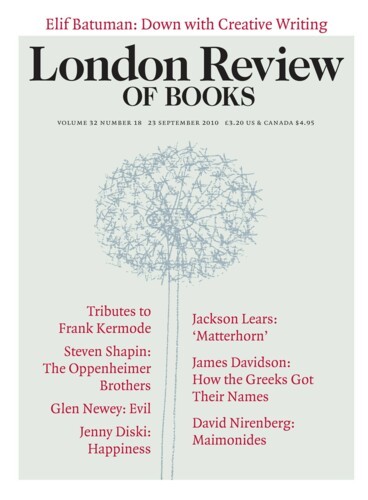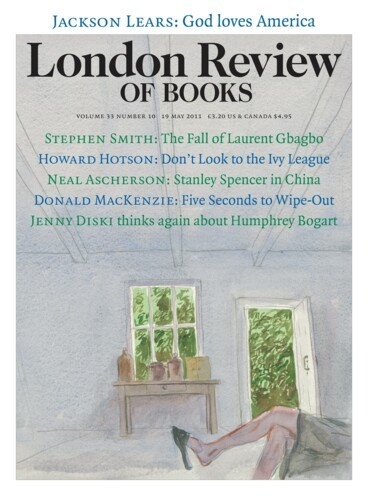Naderland: Ralph Nader’s novel
Jackson Lears, 8 April 2010
In certain precincts of American political culture, the mere mention of the name Ralph Nader still provokes scowls. Many Democrats remain convinced that Nader’s presidential campaign in 2000 cost Al Gore the White House and ushered in the calamitous reign of George W. Bush. The obsession with Nader is at first puzzling: blame for Bush’s ascendancy can be traced to many other...



